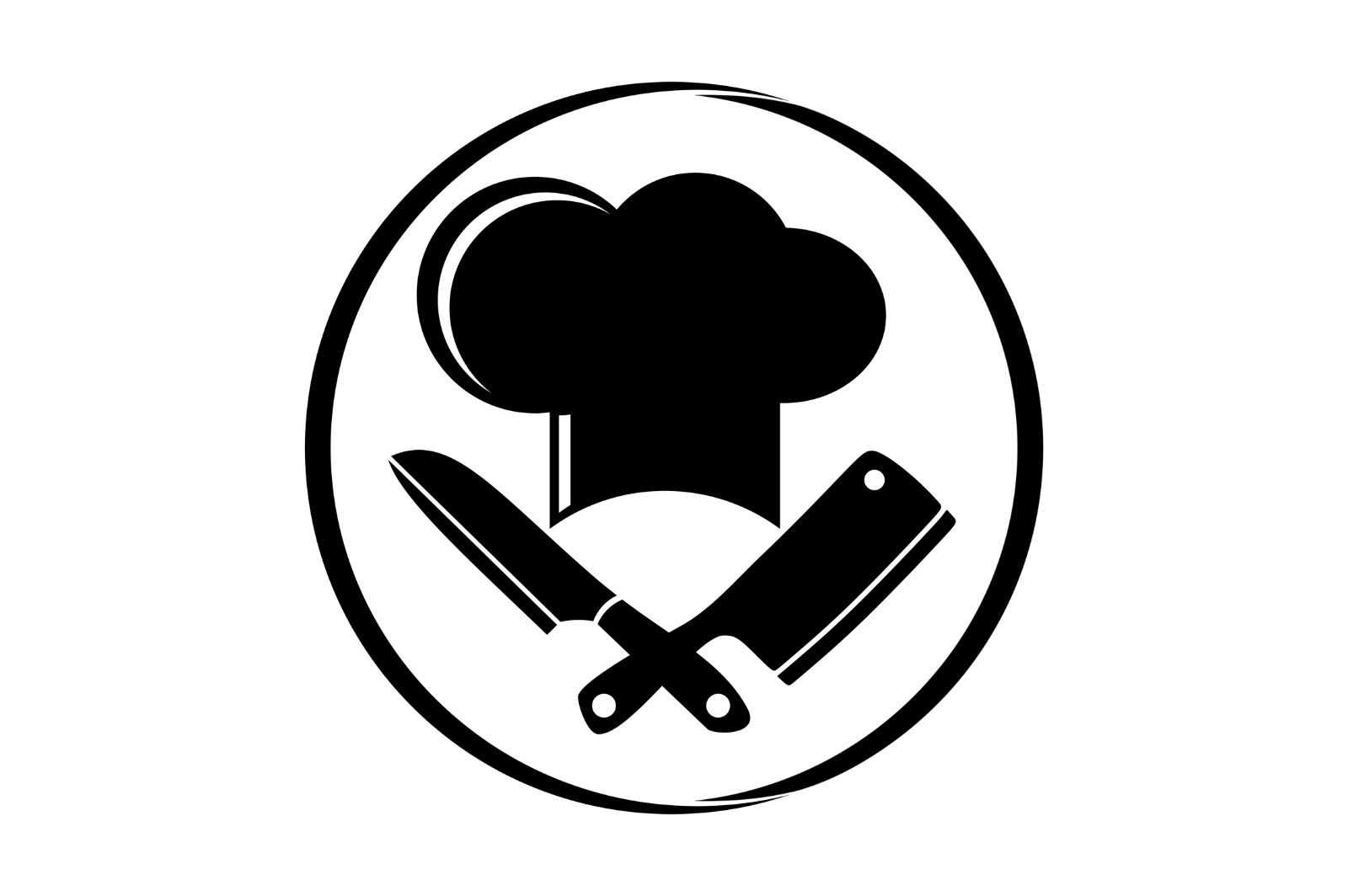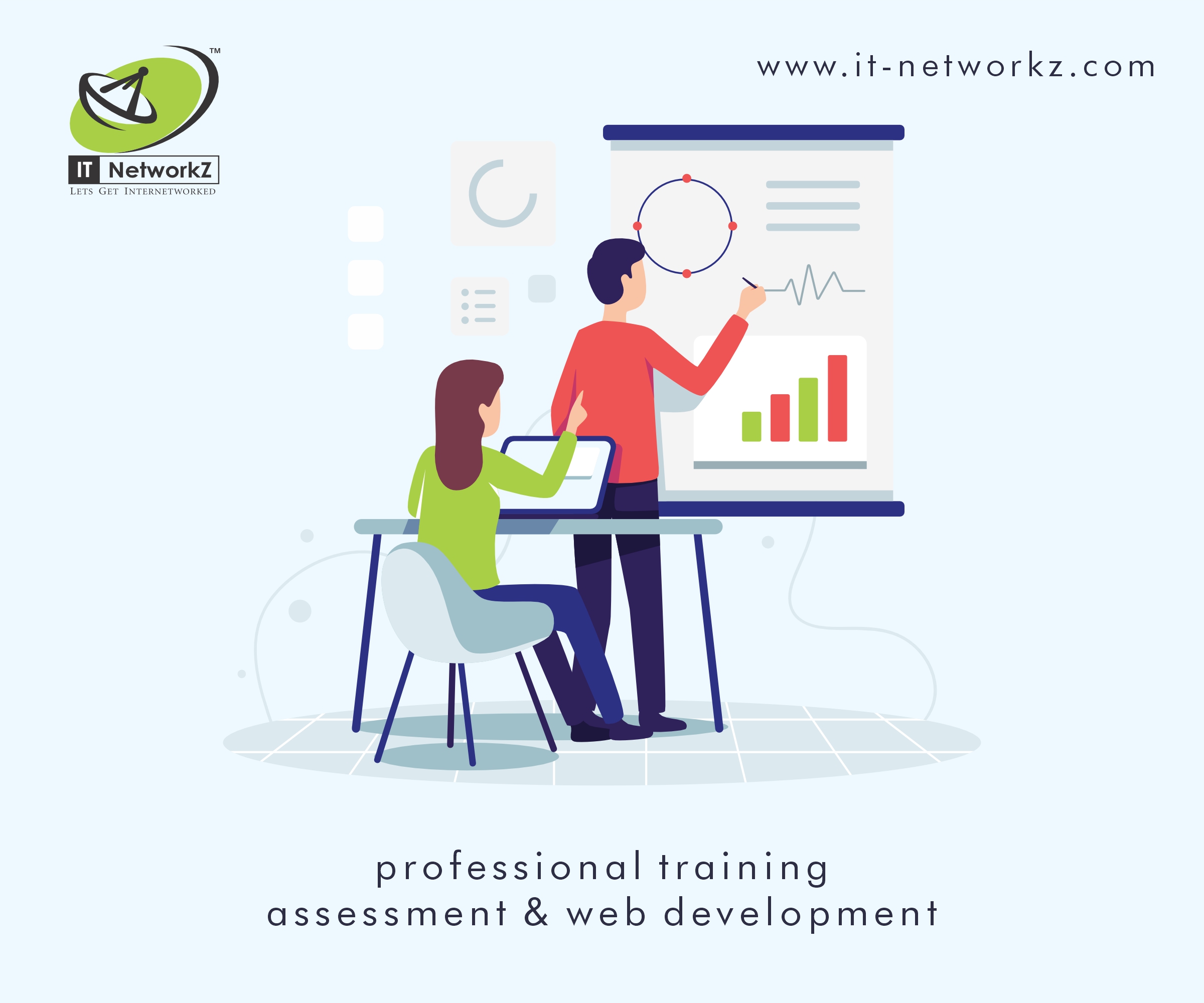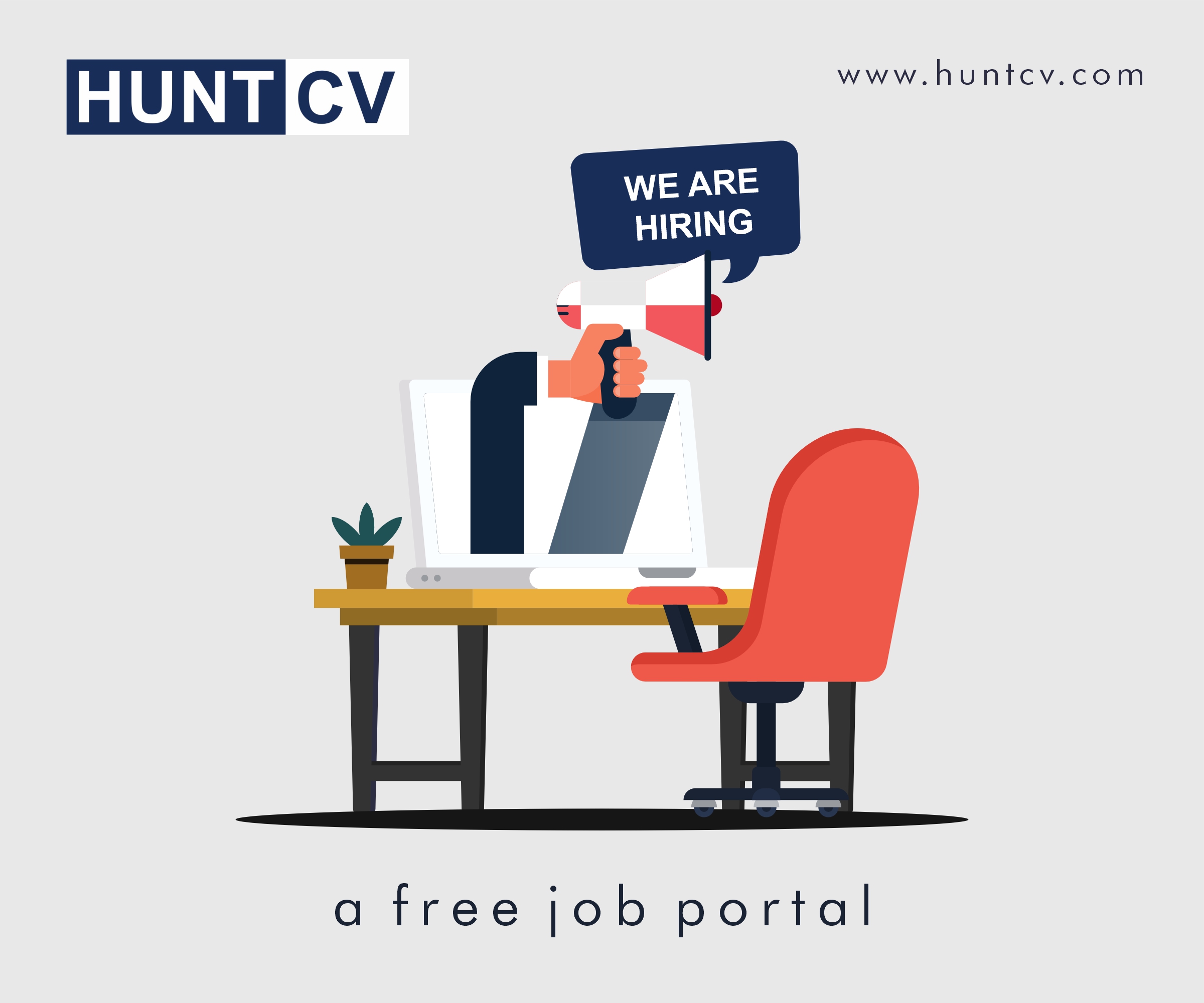Interview Preparation
Tips for Interview Preparation:
Preparing for interviews can be an essential step in landing a job. Here are some resources, tips, and strategies to help you prepare effectively, along with commonly asked questions and how to tackle them:
Resources
1. Company Research:
2. Industry Trends:
3. Mock Interviews:
4. Books and Online Courses:
Strategies for Answering Common Interview Questions
1. Tell Me About Yourself:
2. Why Do You Want to Work Here?:
3. What Are Your Strengths and Weaknesses?:
4. Describe a Challenge You’ve Faced at Work:
5. Where Do You See Yourself in Five Years?:
6. Why Should We Hire You?:
7. Behavioral Questions:
Additional Tips for Interview Preparation
By leveraging these resources and strategies, you'll be well-prepared to handle your interviews with confidence and make a positive impression on your potential employers.
Important Information
Stay updated on the latest interview tips and resources!
Important Information
Stay updated on the latest interview tips and resources!
Important Information
Stay updated on the latest interview tips and resources!
Important Information
Stay updated on the latest interview tips and resources!
Important Information
Stay updated on the latest interview tips and resources!





